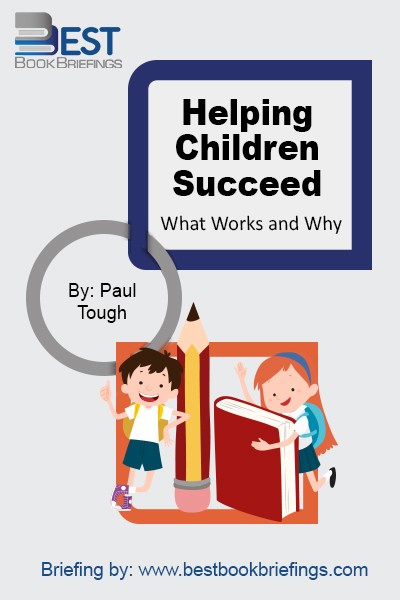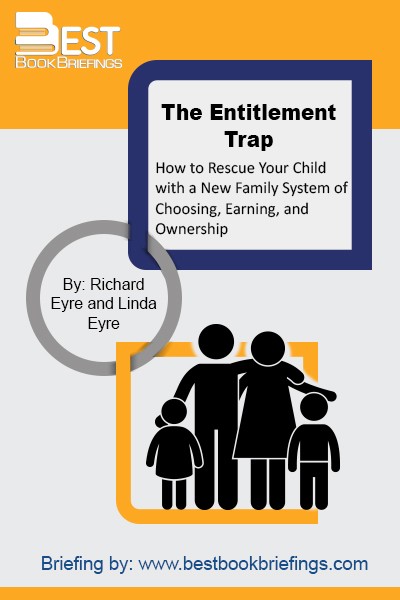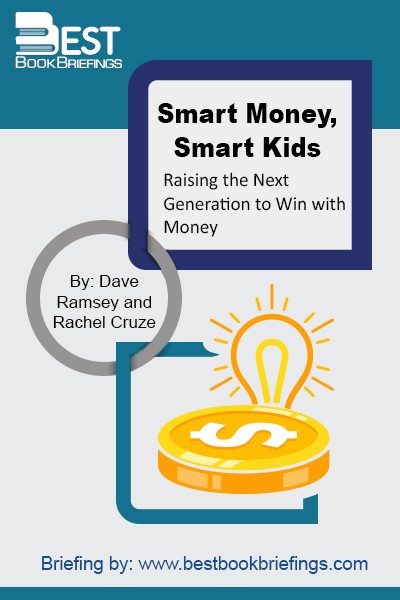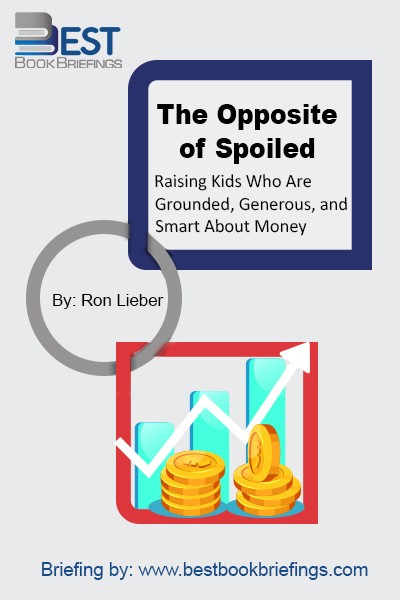The Opposite of Spoiled
Raising Kids Who Are Grounded, Generous, and Smart About Money
Editorial Review
The Opposite of Spoiled is all about how, when and why to talk to kids about money, whether they are 3 years old or teenagers. Written in a warm, accessible voice, grounded in real-world experience and stories from families with a range of incomes, The Opposite of Spoiled is both a practical guidebook and a values-based philosophy.
Book Reviews
Books on Related Topics

Educators across the country are intimately familiar with the struggles of children experiencing adversity, as are social workers, mentors, pediatricians, and parents. If you work with kids who are growing up in poverty or other adverse circumstances, you know that they can be difficult for teachers and other professionals to reach,

Entitlement is the best name we know for the attitude of children who think they can have, should have, and deserve whatever they want, whatever their friends have, and that they should have it now, and not have to earn it or give up anything for it. And it goes beyond

There are two distinct extremes when it comes to parenting. First, there are the straight-laced, locked-down, rule-setting, control-freak parents who try to force their kids into a tight little box where they have no opportunities to make any decisions on their own. Some of these kids grow up, run off to

It's no surprise that a record number of Americans are declaring bankruptcy while consumer debt and foreclosures are at an all time high. Many adults simply don't have the basic financial knowledge to safely navigate today's environment of predatory lending, identity theft, and nonstop consumer marketing. What's more, they don't know



